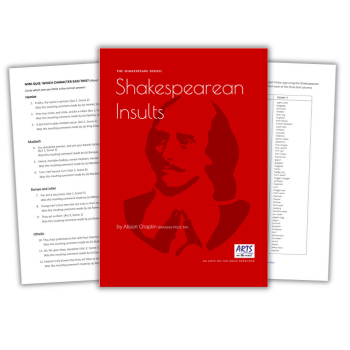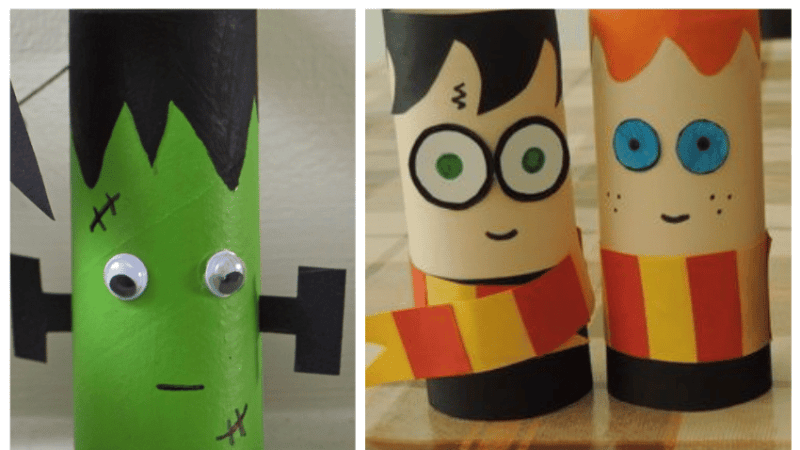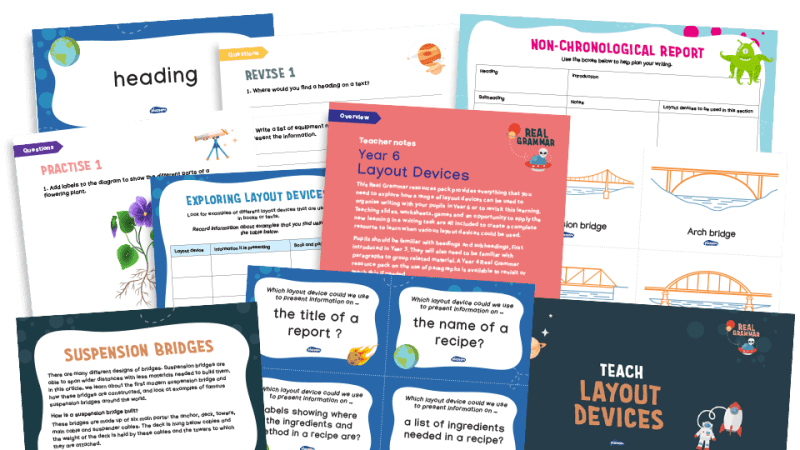“Thou Cream Faced Loon!” – Teach Shakespeare Using Insults

Start out with a well-chosen barb or two and you’ll be amazed at how quickly your students start learning to Shakespeare

- by Amy Fordham
- English NQT at Ormiston Venture Academy and former journalist

Whether its literature or language; there are so many creative ways of getting our students ‘on side’. From turning your class into a rowdy crowd of Elizabethans hurling creative insults at each other to convincing your students that they are reporters for the day – we can, and we will continue to, engage teenagers with Shakespeare.
Our students are facing the toughest English GCSE yet – and us educators – well, we get the tough job of keeping them engaged lesson after lesson!
So why introduce Shakespeare to these young people simply by reading through his works? I know sometimes we shudder at the thought of getting that ‘difficult class’ (we’ve all had them) up out of their seats for fear of it sounding like World War Three has begun down the English corridor.
But I’ve been pleasantly surprised. Not only have I seen the most challenging boy in class provide his audience with the best rendition of Juliet I’ve ever seen; the students understand the language better when their mate is up there doing his best to follow the stage directions.
It’s not just about what’s memorable though (although let’s face it, we’ll do pretty much anything to get them to remember what they learnt last lesson, and the lesson before that); the next time I asked my students about effect, they could tell me that they felt deeply disturbed when Joe got carried away in his role as Macbeth on a Monday morning. It’s because they’d lived it and felt it – not read it.
Starter activities
What better way to introduce Shakespeare to a group of teenagers than as ‘the rudest man in England’? There are three different ‘Shakespearean insult games’ which work well and can be searched for online: ‘The Shakespearean insult kit’, ‘Insult Alley’ and ‘Greetings…or not’.
The ‘Insult Kit’ is where students mix and match a range of insulting words putting ‘thou’ in front of it to create a hilariously shocking insult; this can be differentiated by asking students to create either a simple, compound or complex sentence. They roll around laughing after fixing something like ‘Thou flap-mouthed, fly-bitten foot-licker!’
‘Insult Alley’ divides the class into two lines, one side are Montagues and the other, Capulets. One side hurls insults whilst the other listens and then they switch. You can get Montagues to turn their blazers inside out – they love that!
‘Greetings or not…’ is where students are given roles as either Montagues or Capulets and they have to travel around the room. If they meet the enemy they can hurl an insult at them but if they meet family, they have to say: ‘Good greetings my Lord/Lady’.
All of these ‘insult activities’ can be followed up with close analysis of the punctuation, language techniques etc, and subsequent effects.
Main activities
Writing 1. When preparing students for a writing assessment from the point of view of a character, I’ve offered students the chance to plan in a more imaginative way, choosing from a range of funky blog templates and noting their ideas.
I also provide them with what I call a ‘blog cube’; here students have the criteria for each grade boundary set out for them so that when they are planning their ideas, they can incorporate what is needed according to their target grade.
2. I have also turned my class into a room full of news reporters.
Students get to write for The Messina Times (Much Ado) or Inverness Daily (Macbeth) and creates an eye-catching headline and story based on a newsworthy event from the text studied.
I always start this with my own model and get them to highlight where my language devices are, complex wording, range of punctuation etc, and they replicate within their own version.
For higher-ability students, I’ve also done a similar thing with a very brief police report and they have the task of transforming it into an engaging news article.
Analysis 3. This is quite an easy activity to differentiate for all abilities, which I actually stole from a colleague. I start with a statement, for example: Macbeth is not guilty of his crimes because he was influenced by others.
There are three options for students to choose: accept, build or challenge. If they accept my statement then their analysis focuses around proving this statement, if they choose build then they have to offer other comments/ideas to prove the statement and if they want to challenge then they can disagree completely and go about proving their own theory. This also works well in a courtroom mock-up.
4. In ‘amphitheatre style bingo’, students sit in a circle around the main actors (this works for any play) and a scene/section is acted out. The audience have a board of ‘effects’ in groups such as: anxiety, shock, relief, sadness etc, and in each bingo square students have to cross out the effects created and input the word from the quotation that they have heard which correlates with the effect.
There is a chance for questioning when the first bingo card is completed. This leads onto an individual task where students can answer a pre-empted question about the scene, making sure that they write about the effects of key words.
Summary
I find that one of the most effective ways of assessing students’ progress and learning is to get them to label all of the assessment objectives within their own writing such as ‘quote’, ‘effect’, ‘subject terminology’ in different colours or the equivalent components for writing.
This allows them to quickly identify which components are missing and set themselves a target for the next response that they write. During the more practical activities, there are many opportunities for differentiated questioning.
HOME LEARNING
I’m a huge fan of getting students to work on their knowledge of historical context during the study of Shakespearean texts. So I often set them the task of researching certain time periods and the factors that could have influenced particular works.
Sometimes I ask them to find one fact that might surprise the class and other times they have to write a paragraph on how the historical factors might relate to our class play.
Amy Fordham made the career move from journalism and PR to teaching last year. She graduated as an Outstanding trainee and is now an English NQT at Ormiston Venture Academy in Norfolk. Download a Shakespearean insults resource pack.










